Classic Southern phrases that are starting to disappear
Ah, the South! Where sweet tea flows like a river and the air is filled with the warmth of kindness and the gentle drawl of Southern sayings. These expressions, passed down through generations, are like verbal time capsules, capturing the essence of Southern life.
They remind us of days spent on front porches, listening to stories spun by our grandmothers. Let’s dive into this delightful world of Southern wisdom, where each saying carries a story and a smile.
Bless Your Heart: The Quintessential Southern Charm
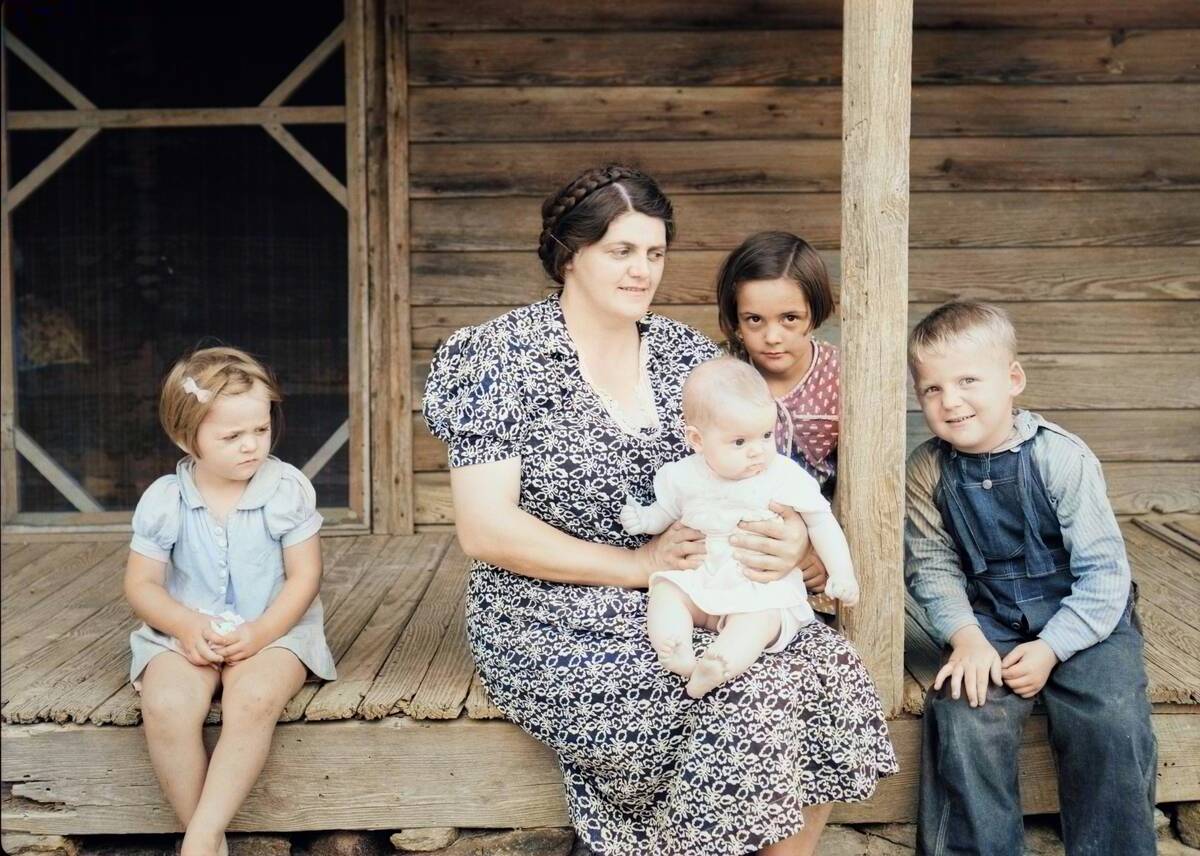
In the South, ‘Bless your heart’ is a phrase that carries a multitude of meanings. It can be a sincere expression of sympathy or endearment, or sometimes a gentle way of acknowledging someone’s naivety.
Context is everything! You might hear it when you’ve done something foolish, but it’s often said with a smile, softening the blow. It’s the Southern way of keeping things polite, no matter the situation, and it embodies the charm and grace for which the region is known.
Finer Than a Frog’s Hair: Compliments from Yesteryear
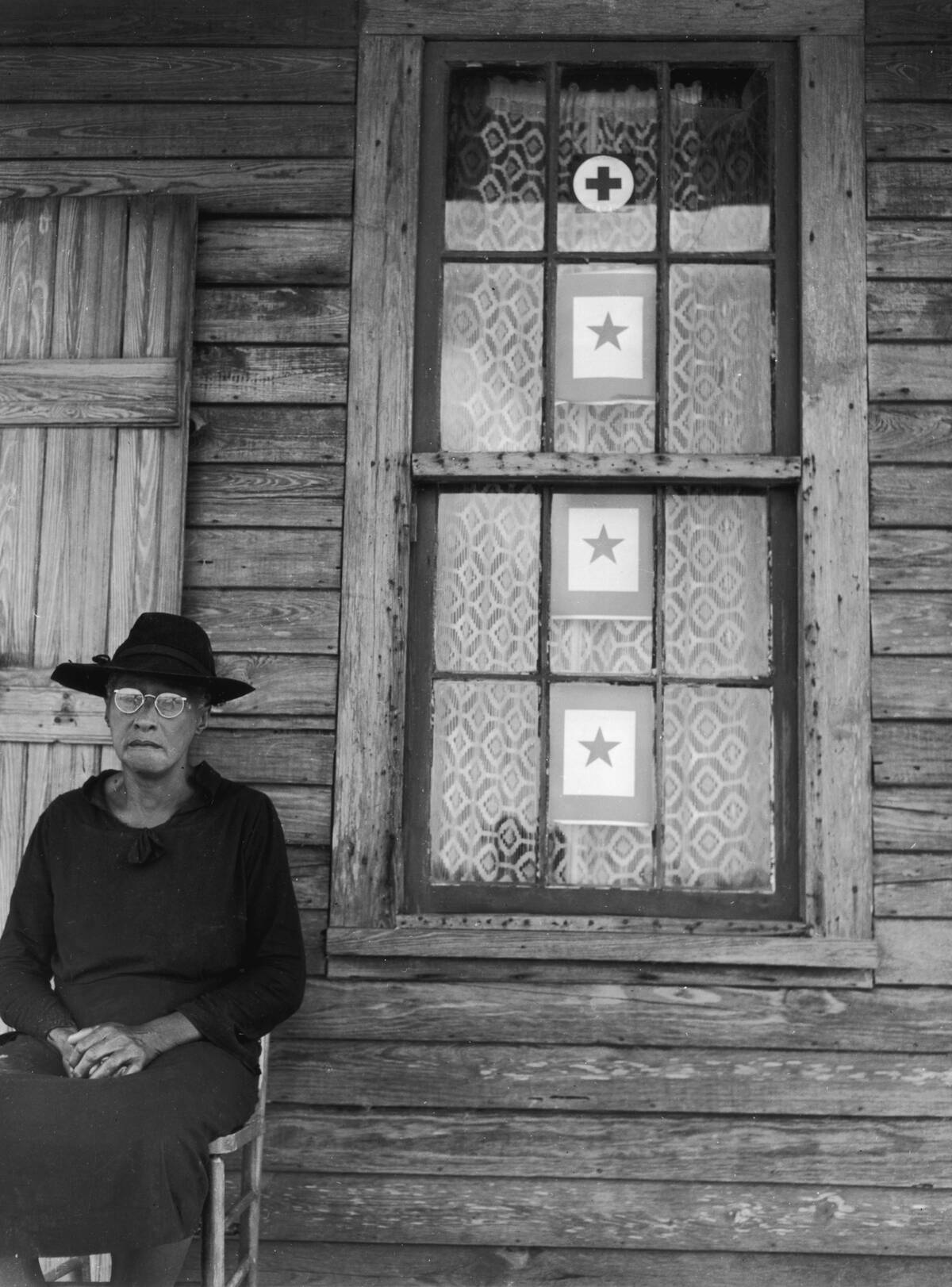
When someone says you’re ‘finer than a frog’s hair,’ take it as a grand compliment! This expression might seem puzzling at first since frog’s hair doesn’t exist. The humor lies in the impossibility, suggesting that you’re as fine as something that can’t be seen or measured.
It’s a playful way to say you look exceptionally good, and it’s a testament to the unique forms of flattery that have been cherished in the South for generations.
I’m Fixin’ To: An Announcement Of Intention

Southern vernacular has a way of dressing up even the most basic statements, and a prime example is the phrase “I’m fixin’ to,” which is generally followed with a statement of intent, like “make dinner” or “go to the store.”
“Fixing” or “fixin'” is also a popular southern word in general, as it’s often used outside of this context to refer to the appetizers or garnishes that might accompany a meal.
Hotter Than A Two-Dollar Pistol: When The Heat Is Too Much

Every culture has its colorful slang for something being extraordinarily hot or cold, and one colorful southern phrase is “hotter than a two-dollar pistol,” which can be applied to anything from a hot day to a burning stove.
The saying has its origins in the fact that if a pistol is that suspiciously cheap, it’s likely stolen (or “hot”).
Full as a Tick: Describing a Satisfying Meal
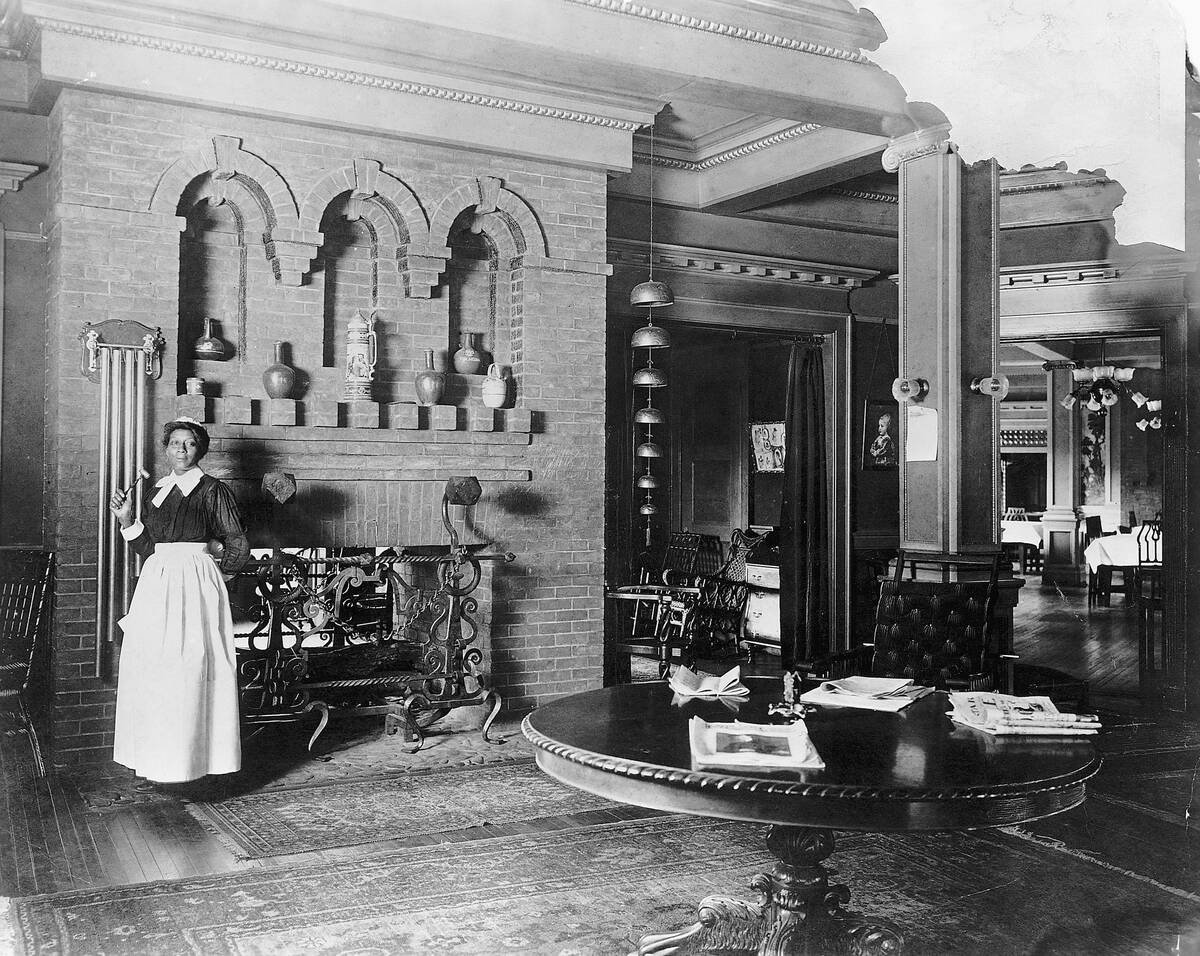
After a hearty Southern meal, you might hear someone proclaim they’re ‘full as a tick.’ This colorful expression paints quite a picture! Ticks are known for their ability to consume more than their fill, swelling up as they feast.
Similarly, this saying captures the satisfaction and contentment of having eaten a delicious, abundant meal. It’s a testament to the Southern love for good food and the joy of sharing it with family and friends.
Hold Your Horses: Patience in Southern Speak
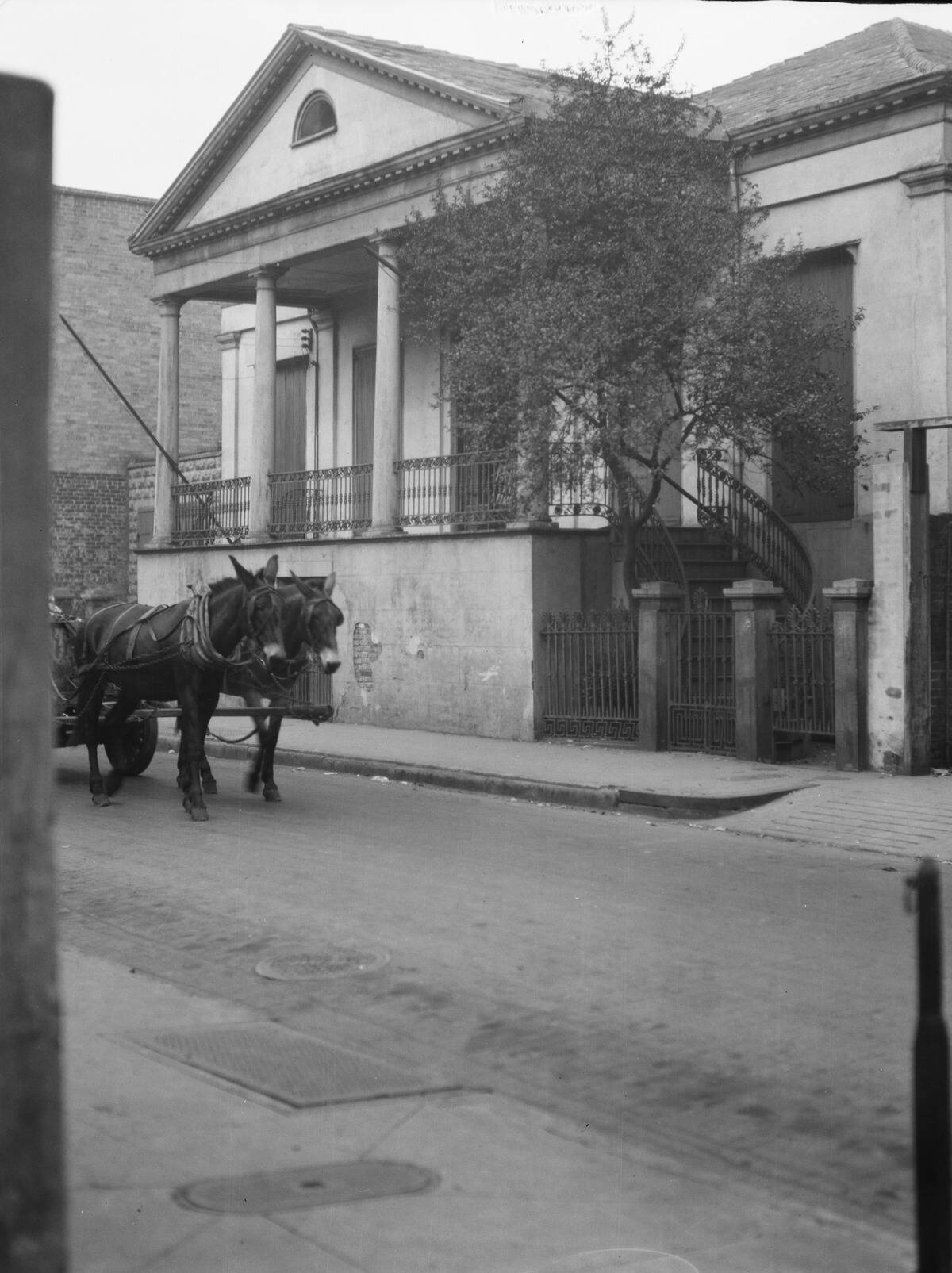
‘Hold your horses’ is a classic Southern way of telling someone to be patient. Its origins likely trace back to the days when horses were the main mode of transportation. It serves as a gentle reminder to slow down and take a breath.
Whether you’re rushing to leave the house or eager to share news, it’s a polite way to suggest taking a moment. It reflects the unhurried pace of Southern life, where patience is always a virtue.
Madder Than a Wet Hen: Expressing Southern Frustration
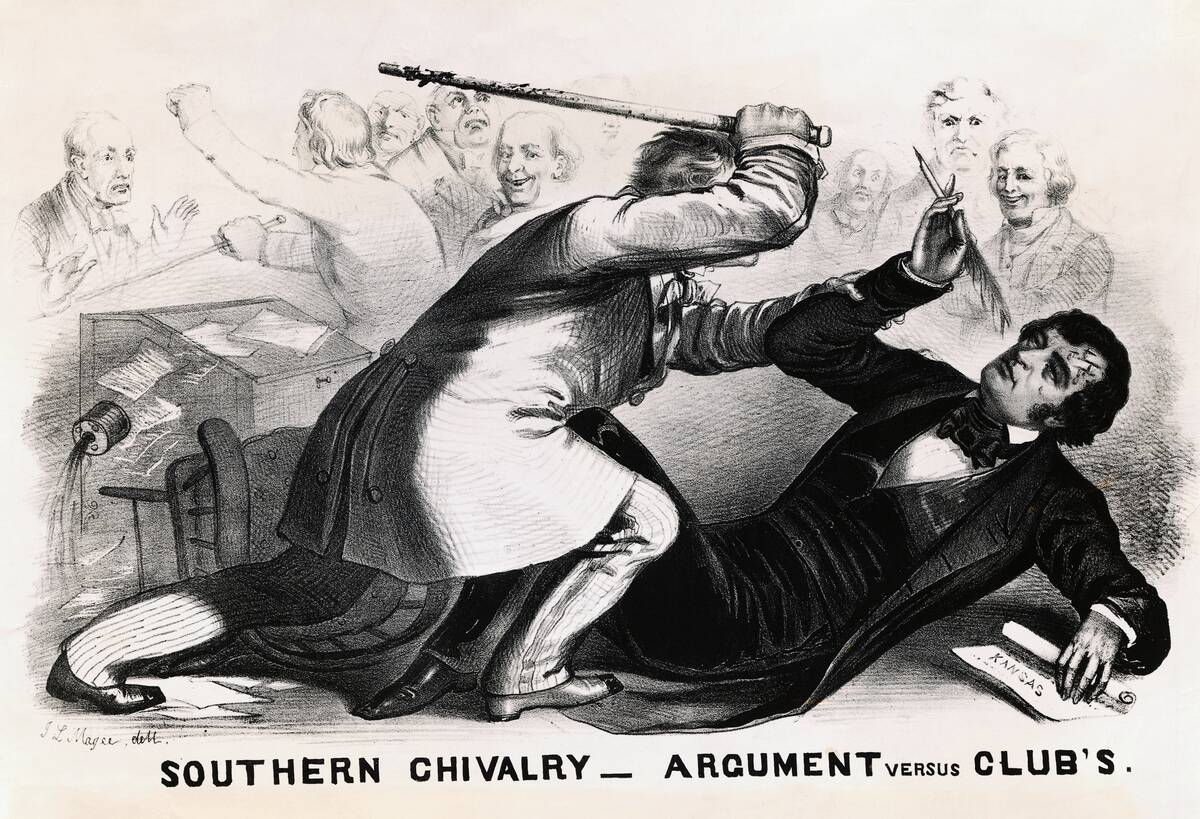
If someone is ‘madder than a wet hen,’ you know they’re really upset! This saying comes from the barnyard, where hens can be quite irritable when wet. It’s a vivid metaphor for being angry, used when someone is truly riled up.
The expression is a reminder that Southern sayings often draw from everyday experiences, grounding emotions in relatable imagery. It captures a specific kind of frustration that’s both amusing and descriptive.
Knee-High to a Grasshopper: Recalling Childhood Days
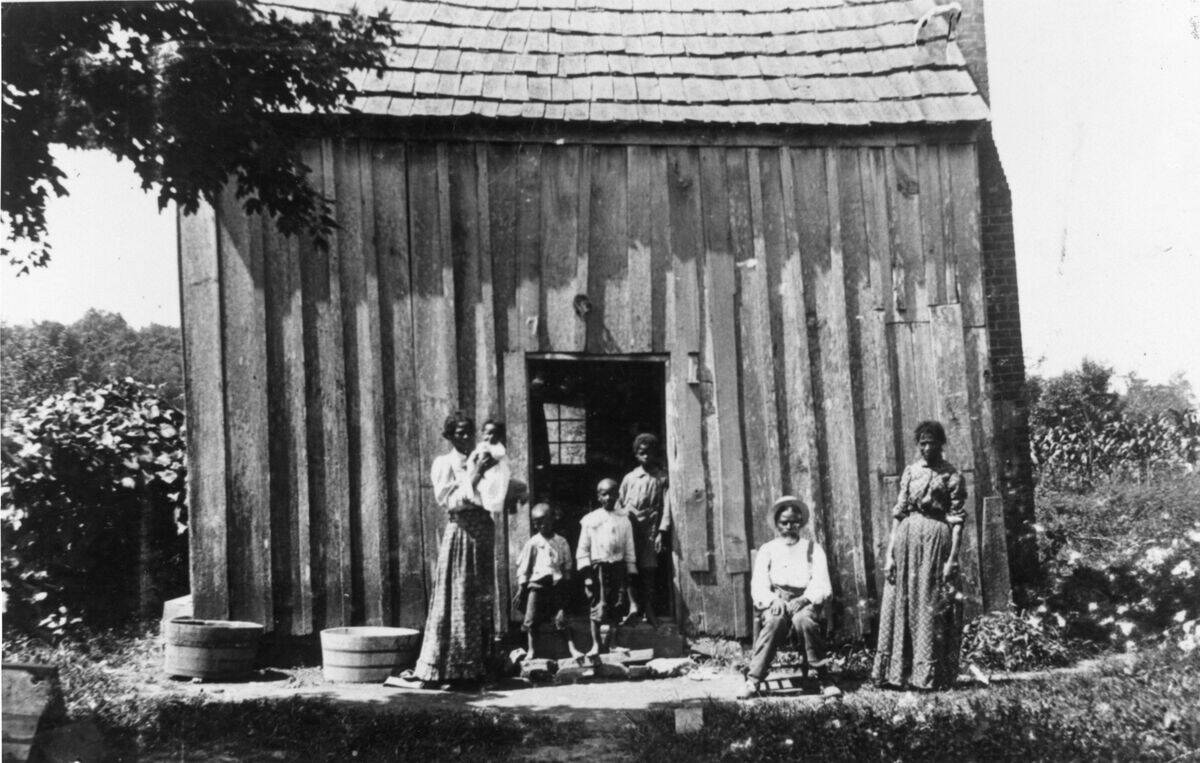
When someone refers to you as ‘knee-high to a grasshopper,’ they’re reminiscing about your childhood days. This endearing expression highlights how small and young you once were, using the diminutive size of a grasshopper for comparison.
It’s often used by older relatives who have watched you grow up, serving as a gentle reminder of the passage of time. It’s a phrase that brings back fond memories of innocence and simpler times.
Over Yonder: Navigating Southern Directions

In the South, directions often include the mysterious ‘over yonder.’ It’s a versatile term that could mean just about anywhere – across the street, down the road, or a few miles away.
While it might leave outsiders scratching their heads, locals understand it instinctively. It’s about a sense of place rather than precise location, reflecting the relaxed and easy-going nature of Southern life. ‘Over yonder’ is more about direction than destination.
If the Creek Don’t Rise: Conditional Plans in the South

The phrase ‘if the creek don’t rise’ speaks to the unpredictability of life in the South. It means that plans are set, but nature may have other ideas. Creeks can swell unexpectedly, altering travel and daily activities.
This saying is a nod to the region’s agricultural roots and the ever-present influence of nature. It conveys resilience and flexibility, acknowledging that sometimes, despite our best intentions, unforeseen events can change our course.
Hush Your Mouth: A Polite Request for Silence
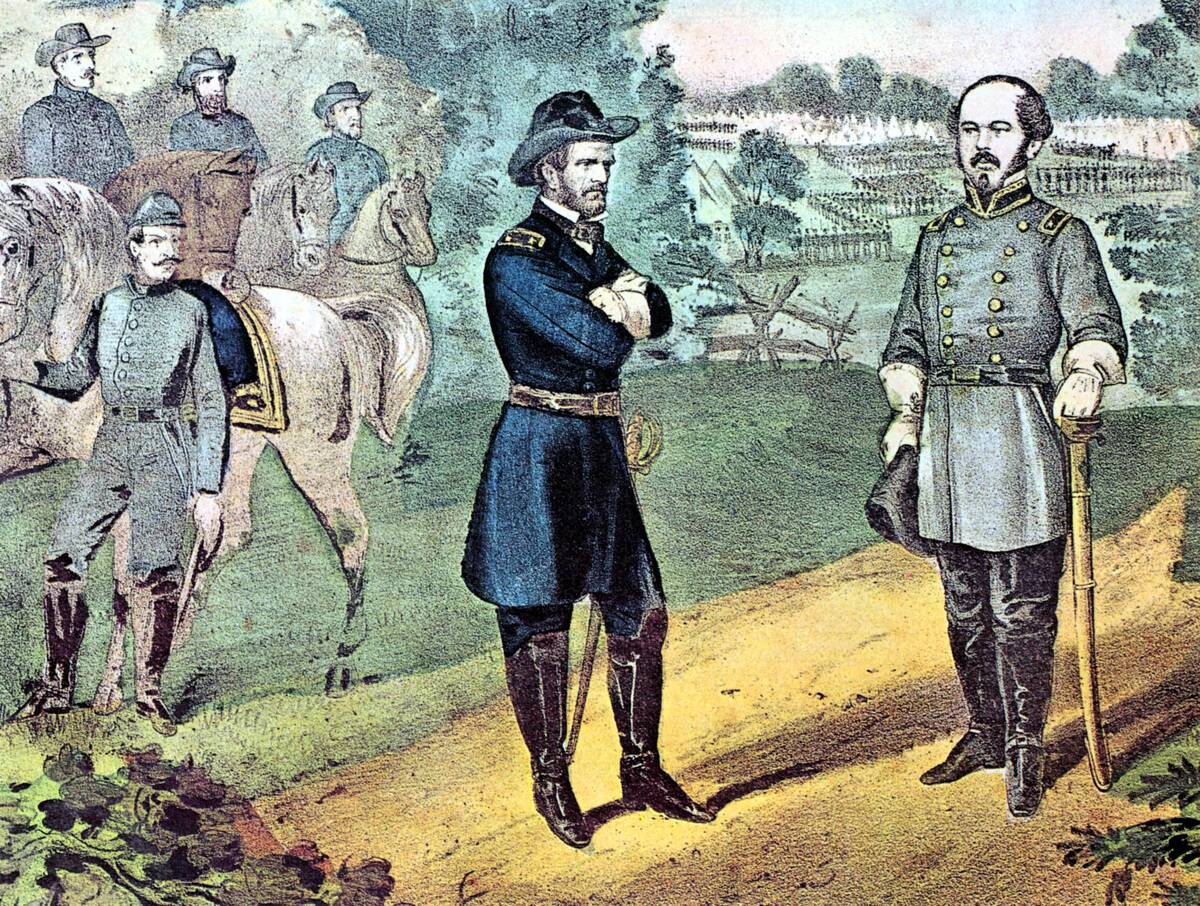
‘Hush your mouth’ is a gentle way to ask someone to be quiet, often used in moments of disbelief or when someone teases. It’s not meant to offend; rather, it’s a playful way to express surprise or disagreement.
In Southern culture, it maintains politeness while conveying the message. It’s another example of how Southerners master the art of blending courtesy with humor, ensuring communication remains light-hearted yet clear.
He’s All Hat and No Cattle: Calling Out Pretentiousness

When someone is ‘all hat and no cattle,’ it means they’re all show and no substance. This expression, with roots in Texan cattle country, calls out those who boast without backing it up.
It’s a colorful way to critique someone who might dress the part but lacks the skills or resources they claim to have. The saying emphasizes authenticity, a valued trait in Southern culture, where actions speak louder than words.
Like a Cat on a Hot Tin Roof: Southern Ways of Expressing Anxiety
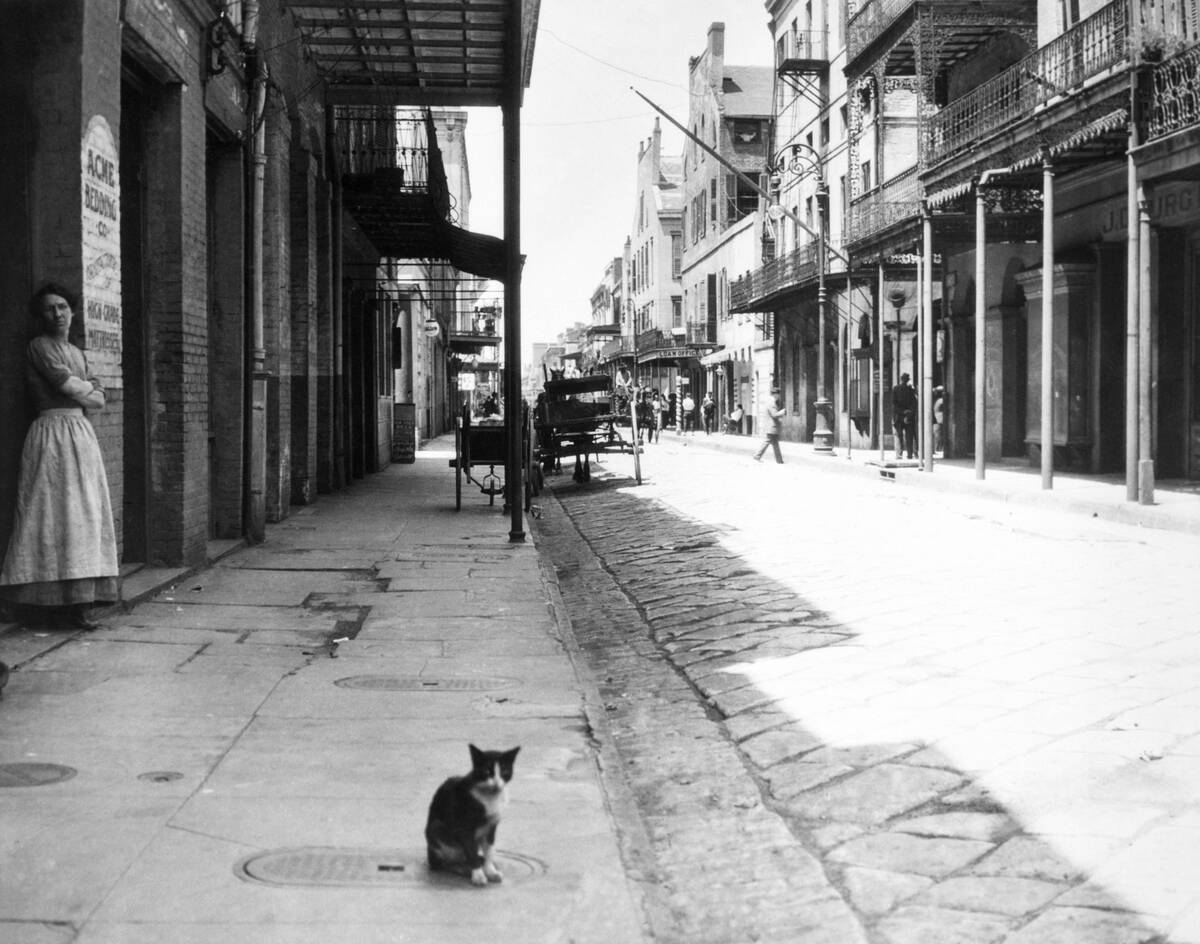
To be ‘like a cat on a hot tin roof’ is to be nervous or agitated. The saying conjures an image of a cat trying to balance on a hot, slippery surface, dodging discomfort with every step.
It’s a vivid metaphor for anxiety, capturing the restless energy that can accompany stressful situations. This expression, made famous by Tennessee Williams’ play, reflects the Southern flair for dramatizing emotions with colorful imagery.
That Dog Won’t Hunt: A Southern Way of Dismissing Ideas
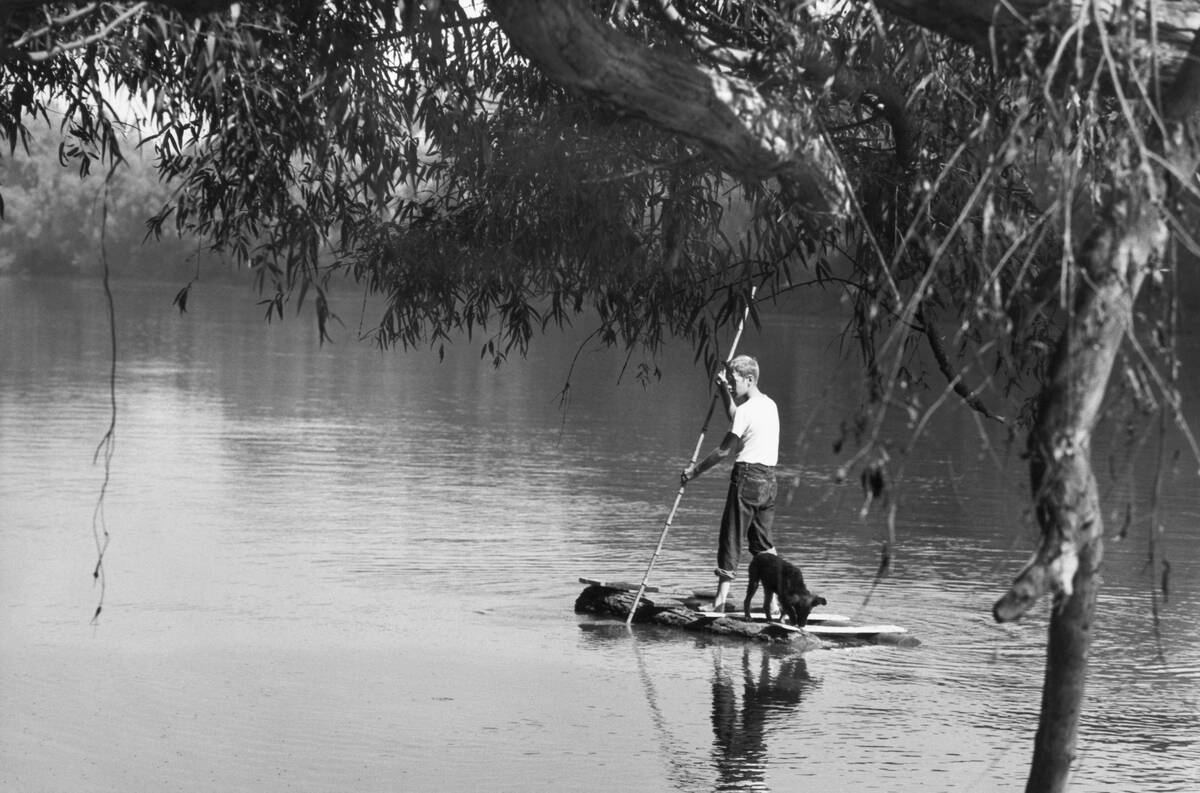
When you hear ‘that dog won’t hunt,’ it means an idea or plan isn’t going to work. The saying hails from hunting culture, where a dog that won’t hunt is of little use. It’s a straightforward way to express skepticism or doubt in a proposal.
This expression is part of the pragmatic Southern mindset, where practicality often trumps idealism. It’s a way of cutting to the chase, saving time and effort by recognizing potential pitfalls early on.
Butter My Biscuit: Expressions of Surprise
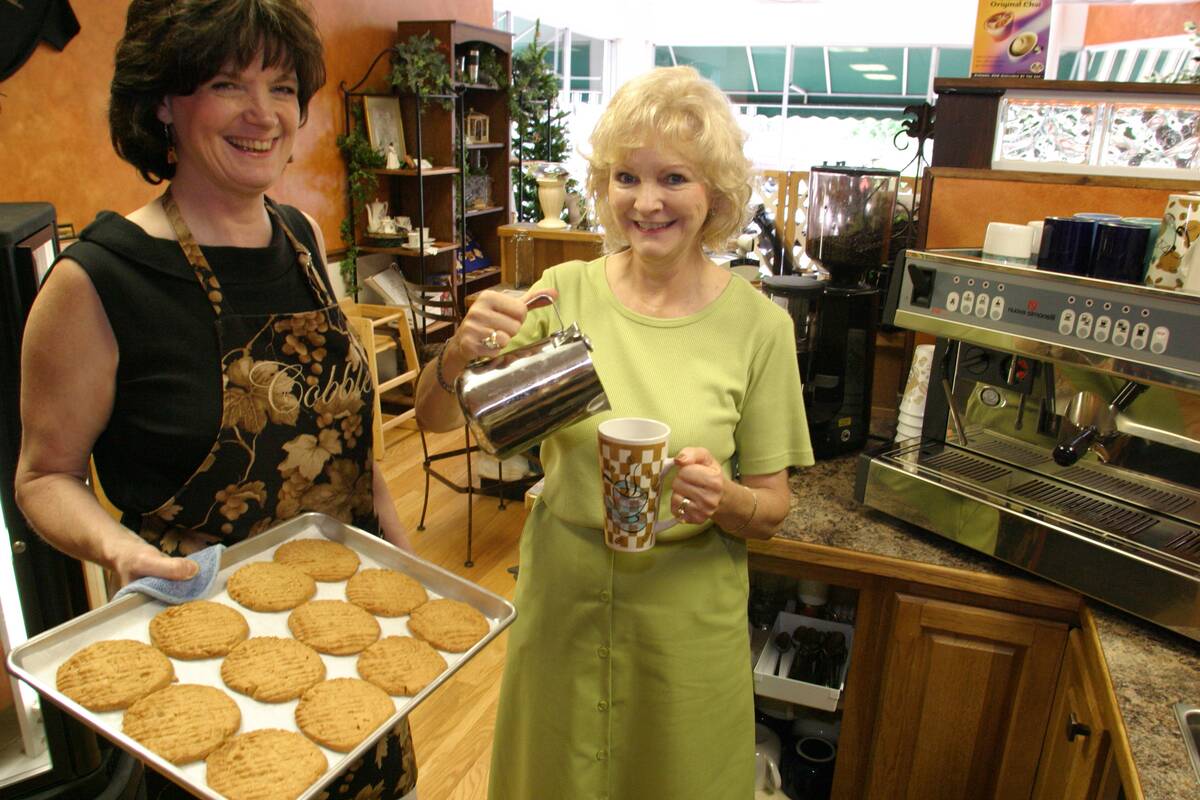
When someone exclaims ‘butter my biscuit,’ they’re expressing surprise or amazement. Biscuits, a staple of Southern cuisine, are often buttered, making this saying a delightful culinary metaphor. It’s an expression that captures the essence of Southern hospitality and warmth, conveying a sense of pleasant astonishment.
Whether it’s good news or an unexpected turn of events, this phrase adds a dash of flavor to any conversation, embodying the Southern love for both food and expressive language.
Couldn’t Carry a Tune in a Bucket: Musical Critiques, Southern Style
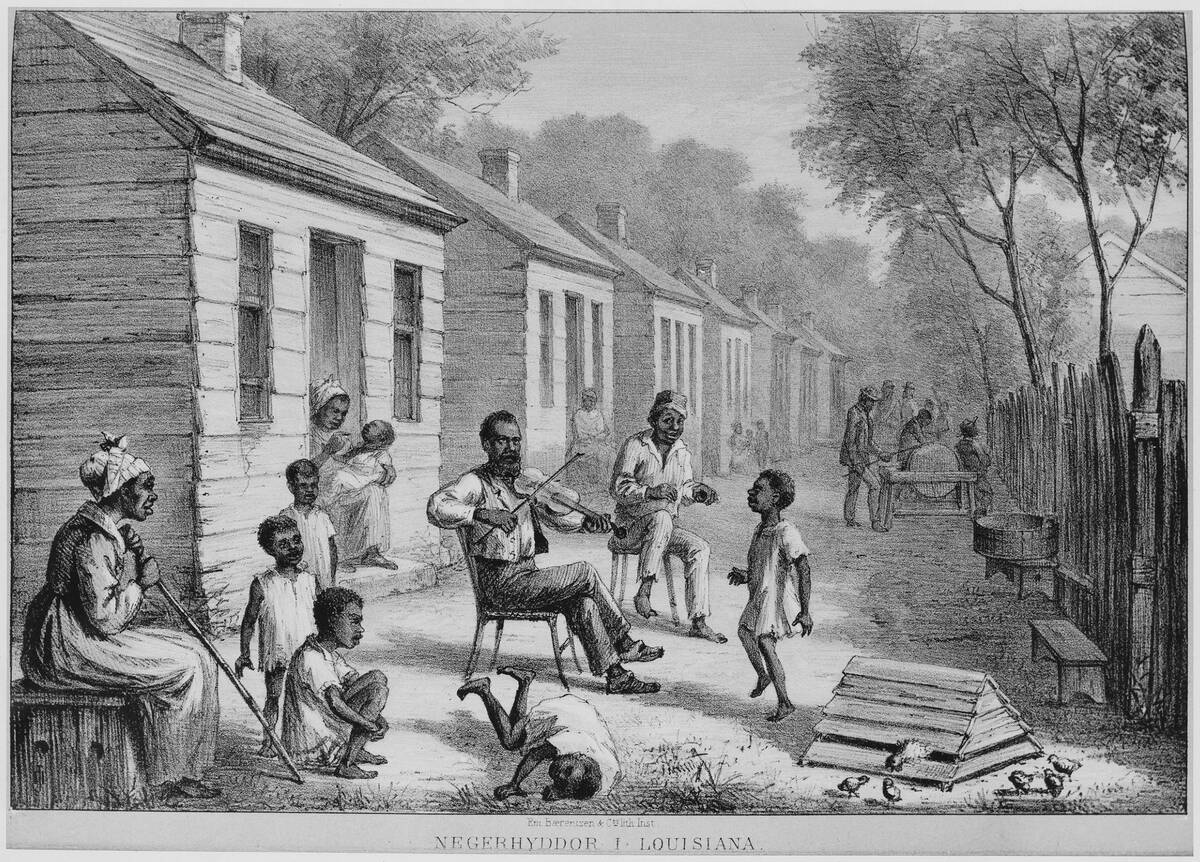
If someone ‘couldn’t carry a tune in a bucket,’ it means they’re not musically inclined. This humorous phrase paints a vivid picture of someone struggling to hold a melody.
It’s a gentle way to critique a lack of musical talent, often said with a smile and a nod to the importance of music in Southern culture. It’s a reminder that not everyone is born with the gift of song, but there’s always room for a little humor.
Slow as Molasses in January: Southern Metaphors for Sluggishness
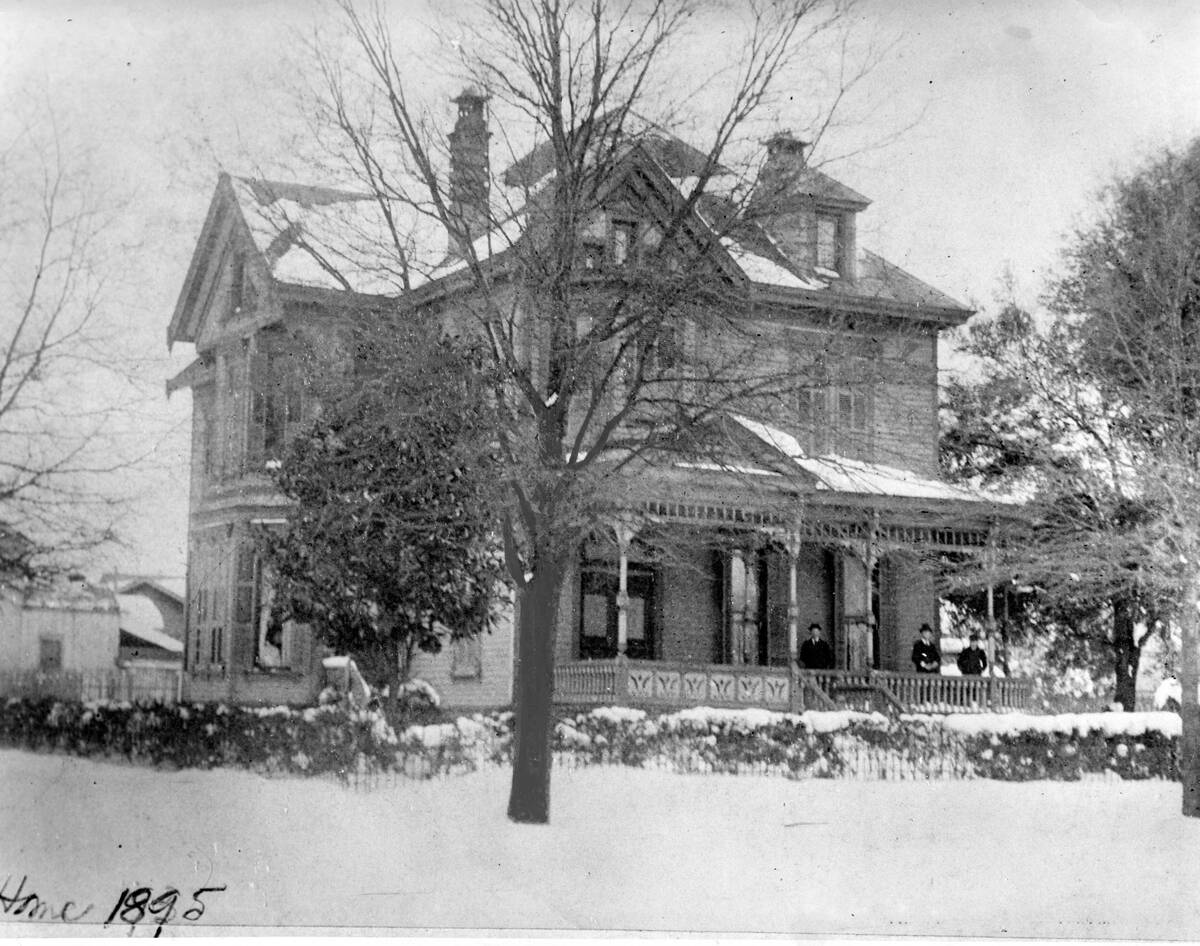
To be ‘slow as molasses in January’ is to be exceptionally slow. In the cold of January, molasses thickens and pours even more slowly than usual. This saying captures the frustration of sluggishness with a touch of Southern wit.
It’s often used to describe people or processes that are taking longer than expected. This metaphor reflects the Southern appreciation for vivid, relatable imagery while gently poking fun at life’s slower moments.
Happy as a Dead Pig in the Sunshine: Unusual Expressions of Contentment
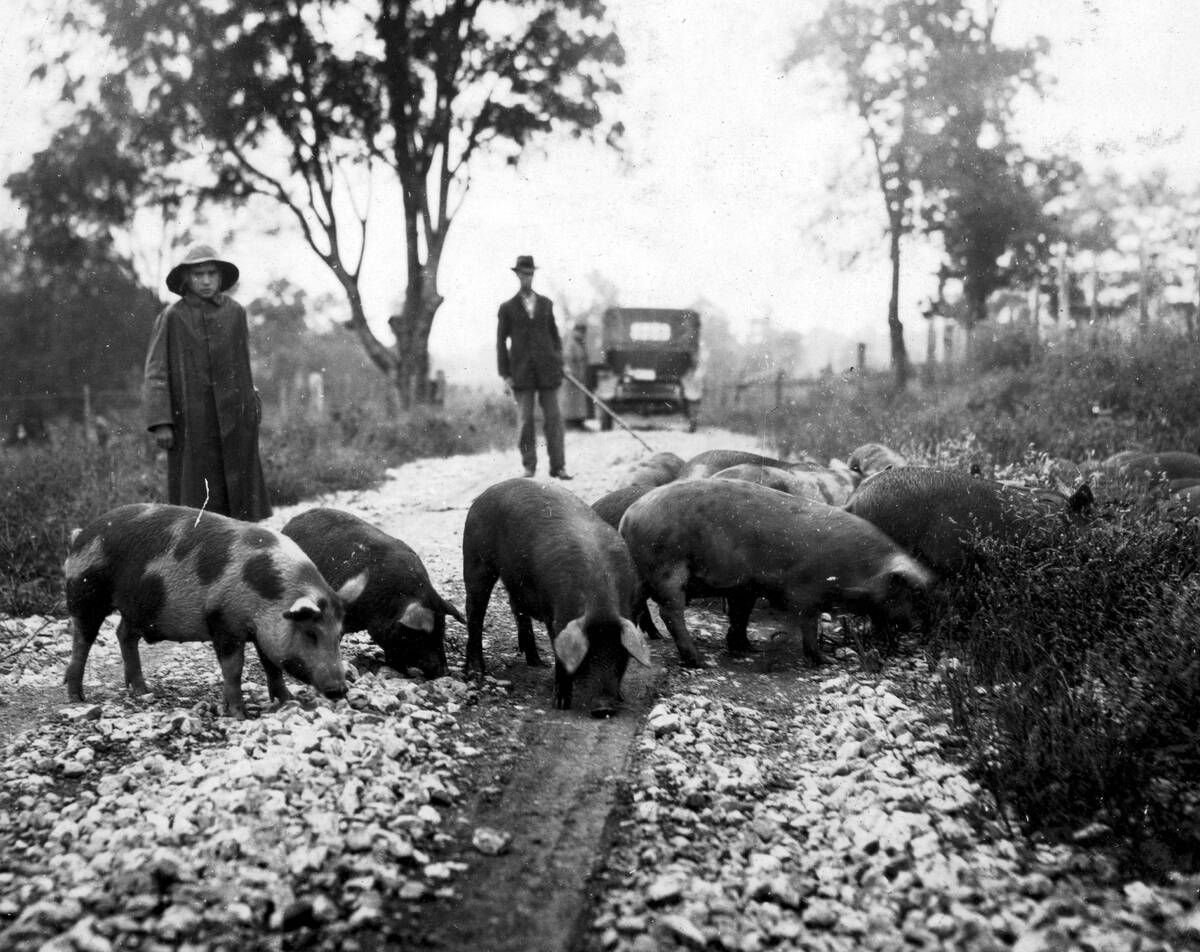
To be ‘happy as a dead pig in the sunshine’ might sound odd, but it’s a Southern way of saying you’re blissfully content. The phrase suggests that, like a pig unaware of its fate, one is completely at ease and without worries.
It’s a humorous expression that highlights the Southern ability to find joy in the simple and the unexpected. It’s a reminder that happiness can come from the most peculiar places, and often, it’s best not to overthink it.
Don’t Get Above Your Raisin’: A Reminder to Stay Humble
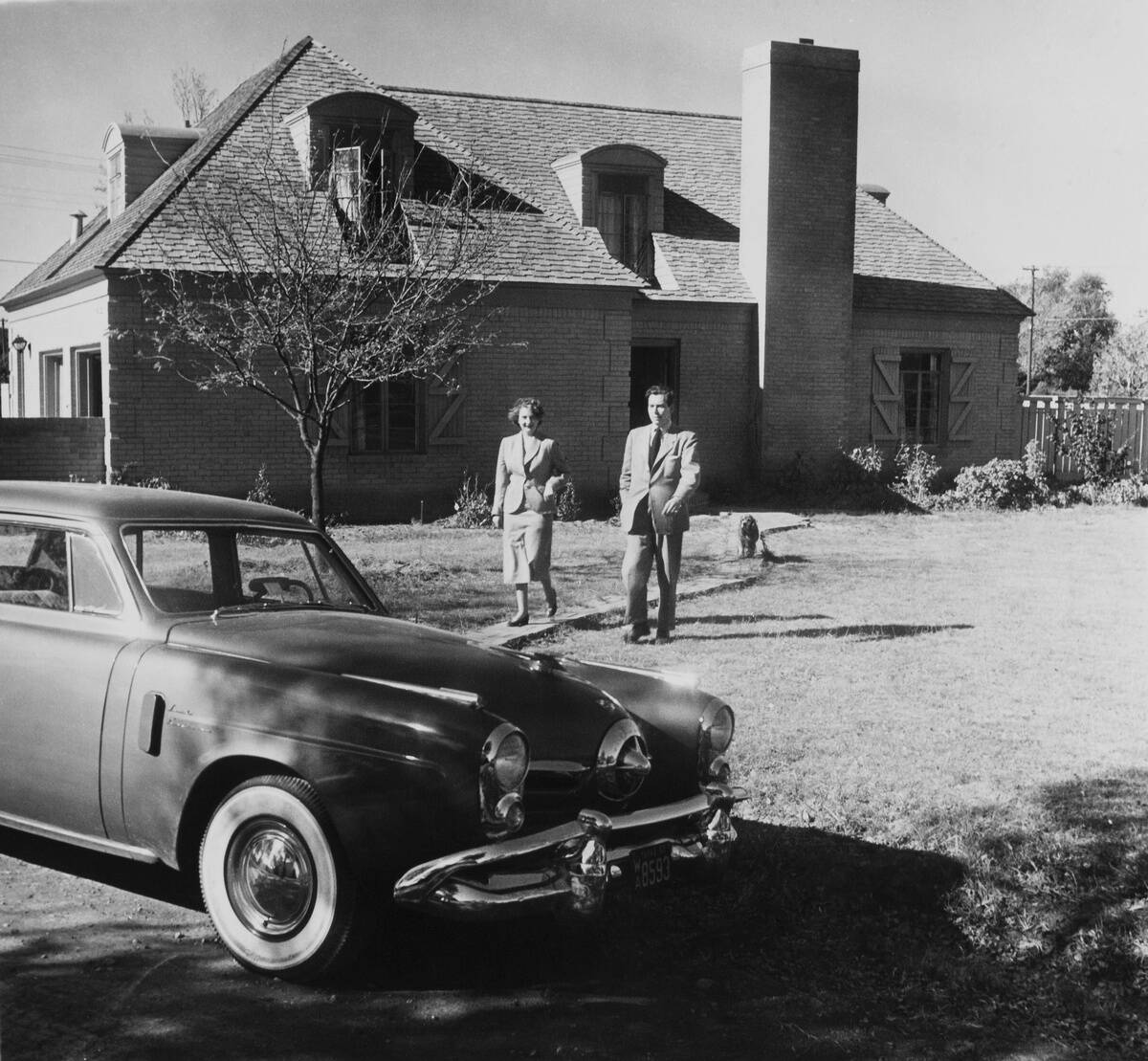
‘Don’t get above your raisin” is a gentle reminder to stay humble and remember your roots. ‘Raisin” here refers to upbringing, and the phrase serves as a caution against arrogance. It’s a reminder that no matter how far you go in life, it’s important to stay grounded and appreciative of where you came from.
This saying reflects the Southern value of humility and the importance of staying true to oneself and one’s beginnings.
Living in High Cotton: A Southern Way of Describing Prosperity
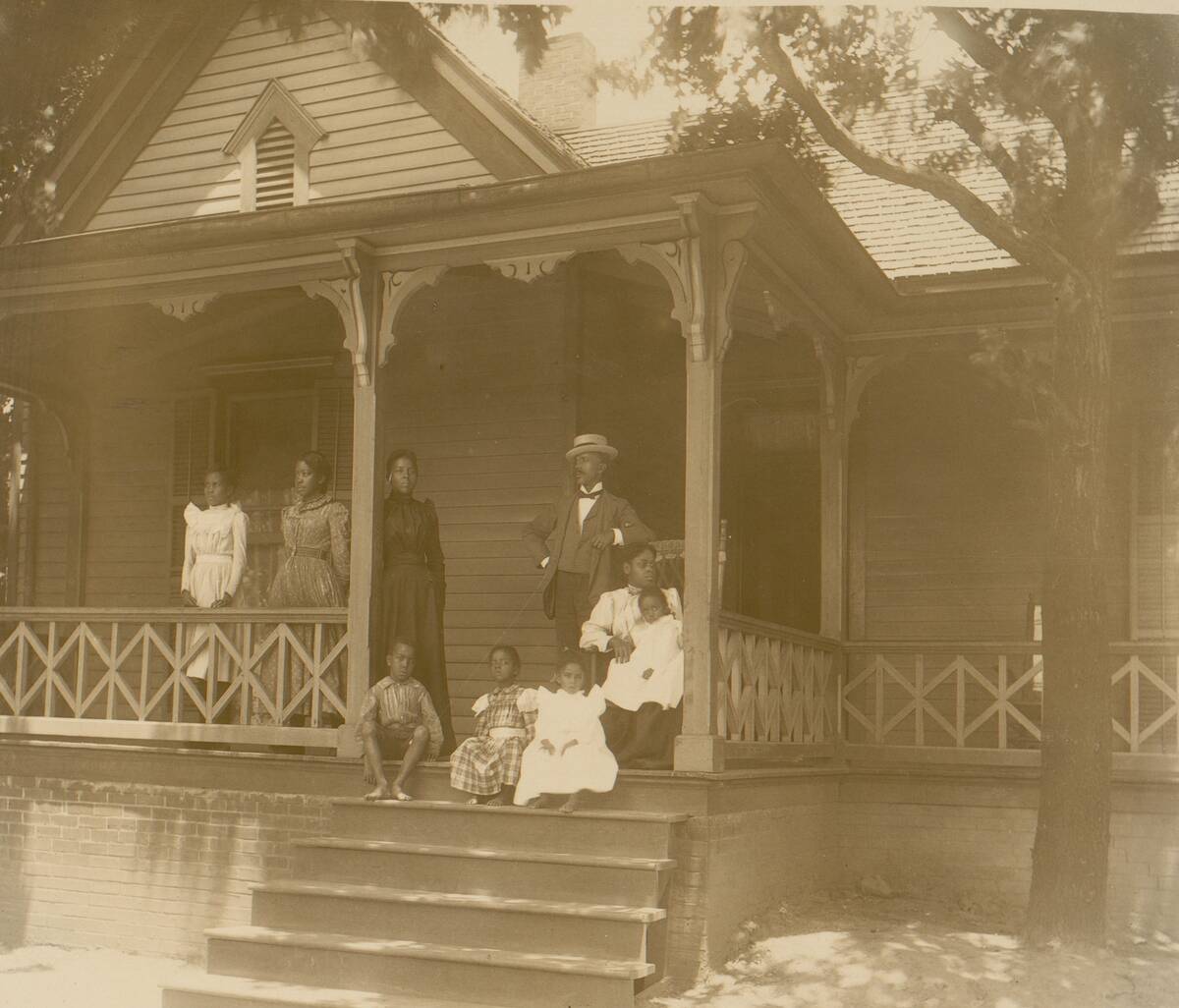
‘Living in high cotton’ means living well or experiencing prosperity. High cotton signifies a good crop and, by extension, good fortune. In the South, where cotton was once king, this saying evokes images of abundance and success. It’s a way to express a period of financial well-being or personal happiness.
This expression is a testament to the agricultural history of the South, where the success of a cotton harvest could mean the difference between hardship and prosperity.
Too Big for Your Britches: Warnings Against Overconfidence
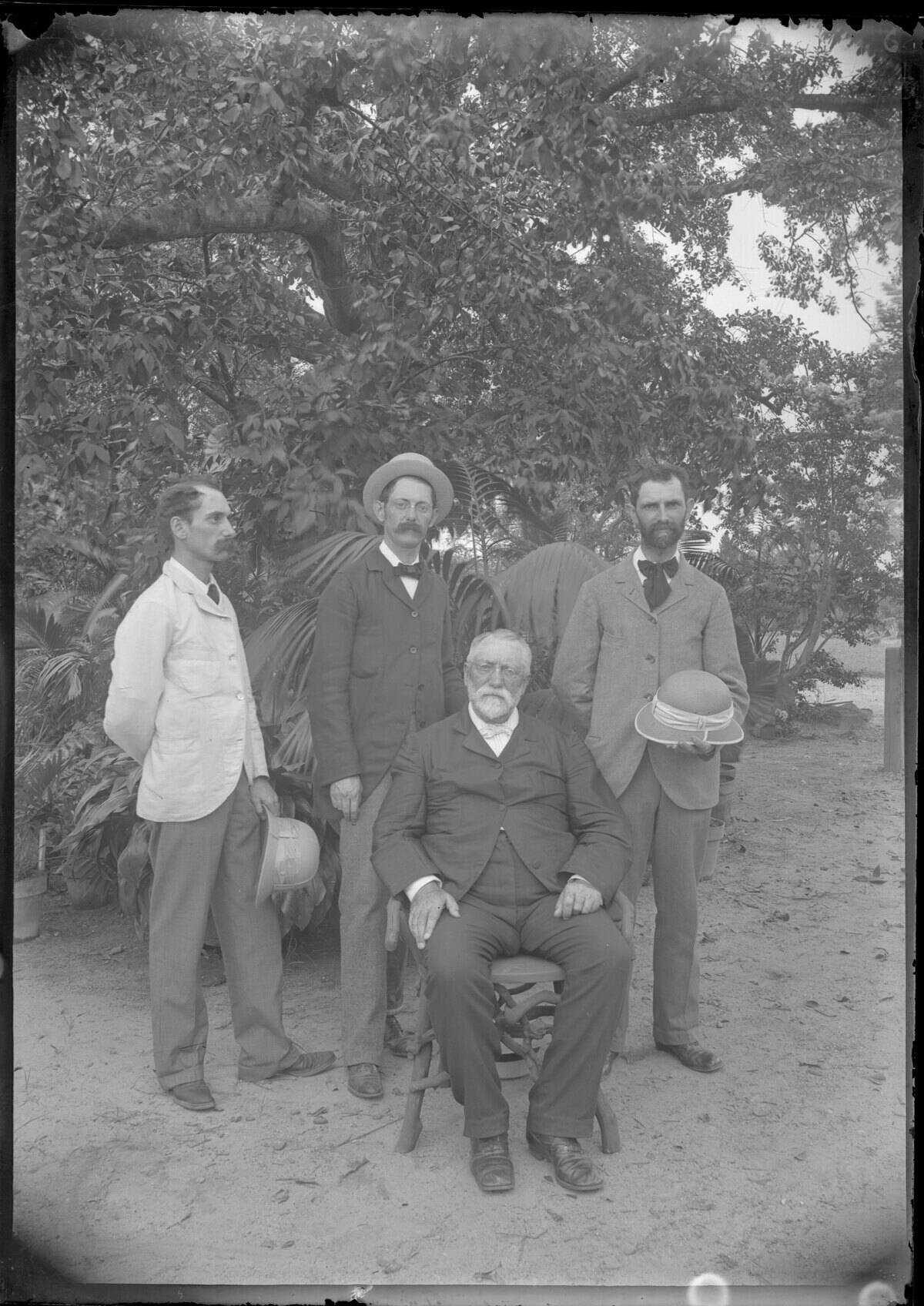
If someone is ‘too big for their britches,’ they’re perceived as overconfident or arrogant. This saying warns against thinking too highly of oneself, using the metaphor of outgrowing one’s clothes.
It’s a colorful way to bring someone down to earth, reminding them to remain humble. The phrase reflects the Southern appreciation for modesty and the importance of keeping one’s ego in check. It’s a playful yet pointed reminder not to let success go to your head.
Catawampus: Describing Things That Are Out of Sorts
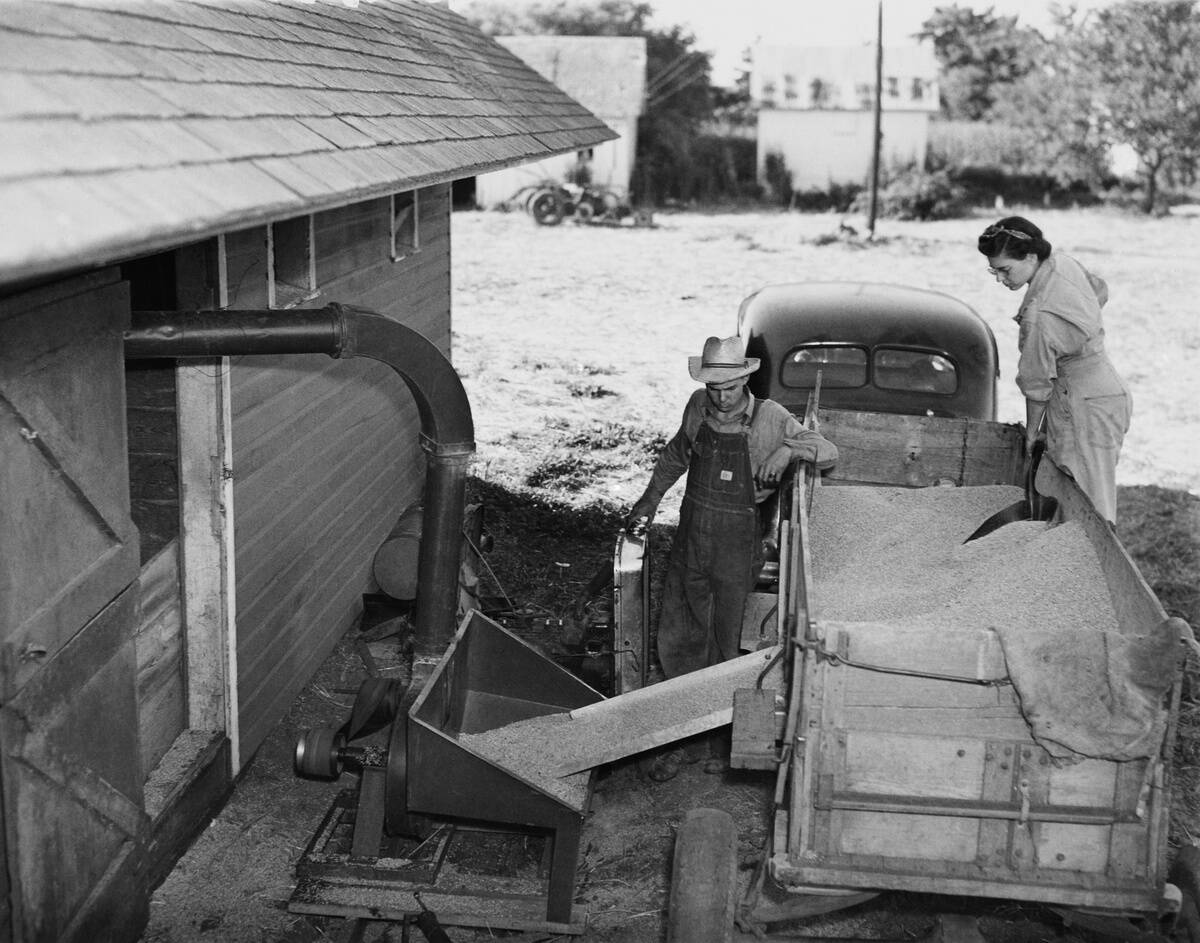
When something is ‘catawampus,’ it’s askew or out of alignment. This fun, whimsical word is used to describe anything that’s a bit off-kilter, from a picture hanging crookedly to more abstract disarray. It’s one of those delightful Southern words that seems almost onomatopoeic, capturing the sense of disorder it describes.
‘Catawampus’ embodies the Southern knack for inventing words that perfectly fit their meaning, adding a touch of charm to everyday language.
Fair to Middling: A Moderate Assessment, Southern Style
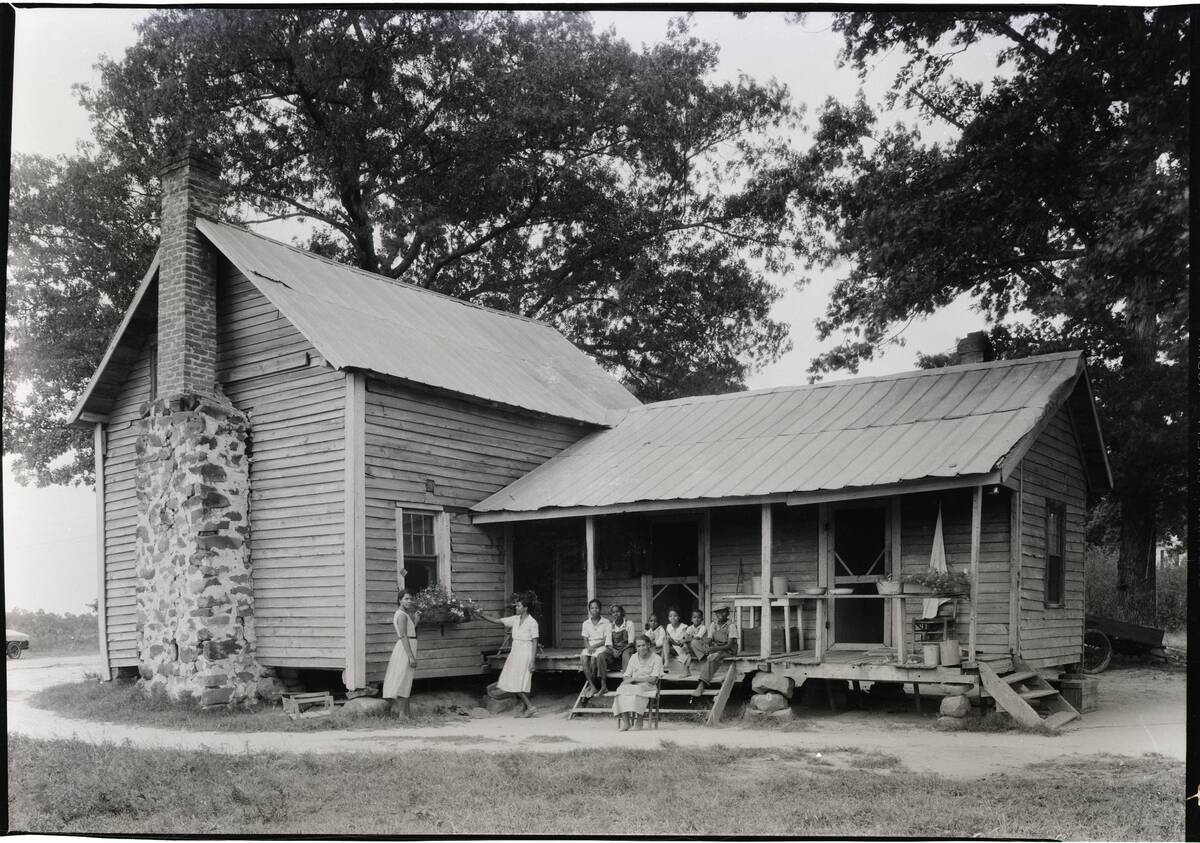
To be ‘fair to middling’ is to be just okay – neither particularly good nor bad. This expression originates from agricultural grading, where ‘middling’ referred to the average quality of goods like cotton. It’s a way of describing something as moderate or satisfactory, without any extremes.
This saying reflects the Southern tendency to avoid unnecessary exaggeration, offering a balanced and pragmatic assessment of a situation. It’s understated, yet perfectly clear in its meaning.
Gumption: The Lost Art of Southern Determination
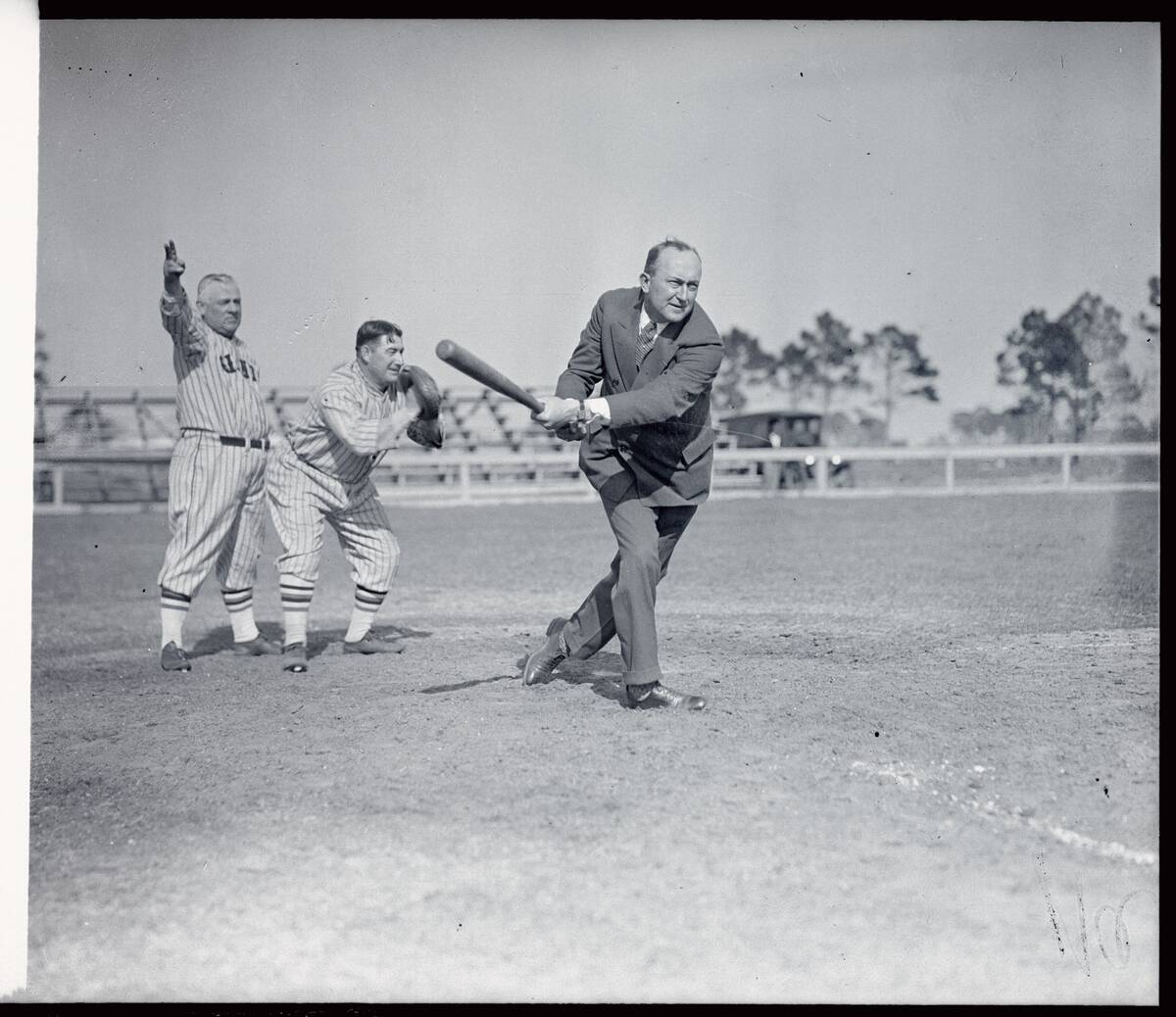
‘Gumption’ is a word that embodies initiative, resourcefulness, and courage. In the South, having gumption means you have the drive to get things done, no matter the obstacles. It’s a quality admired and respected, often associated with a can-do attitude and perseverance.
This term highlights the Southern appreciation for determination and the ability to face challenges head-on. In a world where gumption sometimes seems scarce, it reminds us of the value of tenacity.
Grinning Like a Possum Eating a Sweet Potato: Describing Delight

When someone is ‘grinning like a possum eating a sweet potato,’ they’re extremely pleased or delighted. This vivid expression conjures the image of a possum’s contented grin while enjoying a treat.
It’s a delightful way to describe someone who can’t hide their happiness. The saying reflects the Southern love for both colorful language and the simple pleasures of life, turning a mundane moment into something memorable and full of character.
More Than You Can Shake a Stick At: An Abundance of Southern Charm

When there’s ‘more than you can shake a stick at,’ it means there’s an abundance of something. This saying is often used to describe a wealth of options, items, or opportunities. It’s a phrase that captures the idea of plenty, suggesting so much that it’s impossible to count.
The expression reflects the Southern tendency to celebrate abundance, whether it’s in material goods or the warmth and hospitality for which the region is famous. It’s about appreciating life’s bounty with a smile.



